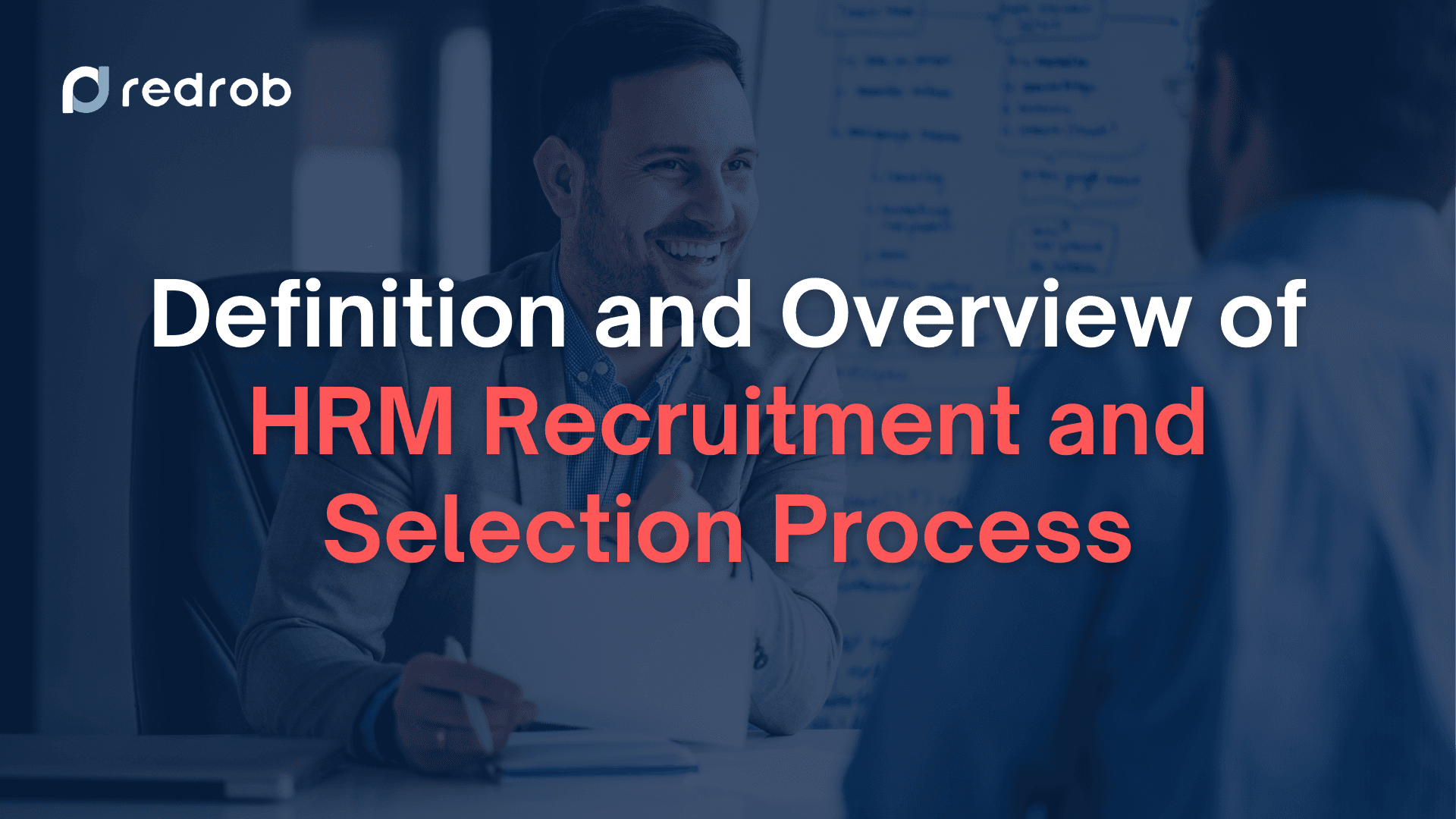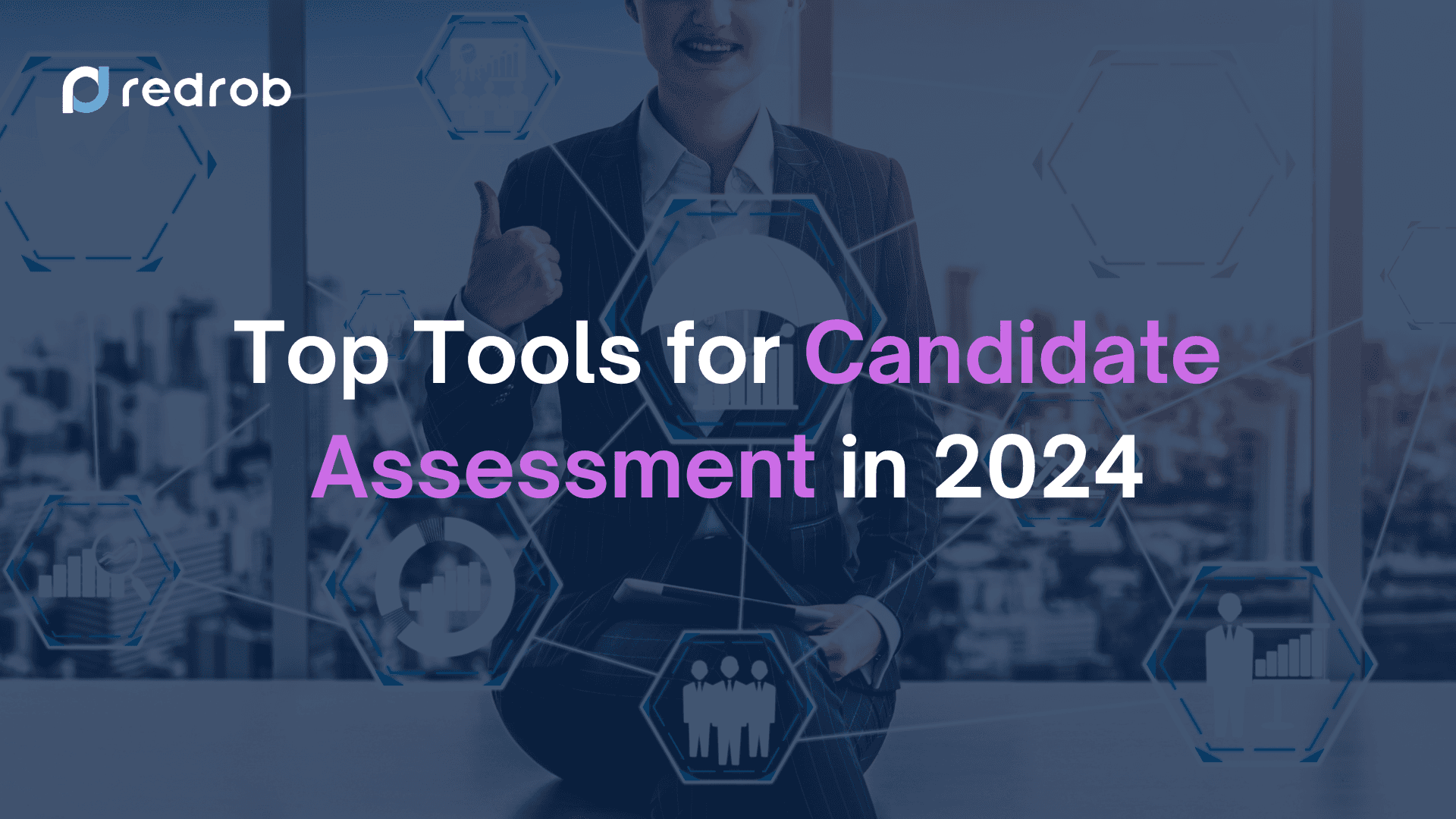Smart ATS
•
Jun 26, 2024

Soumyata Singh
Understanding Smart Proctoring
What is Smart Proctoring?
Definition and Importance
Smart proctoring refers to the use of advanced technology to monitor and supervise exams remotely. This method leverages artificial intelligence (AI) and machine learning to ensure the integrity of the examination process, making it nearly impossible for candidates to engage in dishonest practices. The importance of smart proctoring lies in its ability to provide a secure, scalable, and flexible solution for conducting exams, especially in a digital-first world.
Key Features of Smart Proctoring
Smart proctoring solutions come with a variety of features designed to maintain the integrity of the examination process. These include:
AI-Powered Monitoring: Uses algorithms to detect unusual behavior or patterns.
Real-Time Alerts: Notifies proctors of potential violations immediately.
Comprehensive Reporting: Generates detailed analytics on each candidate's performance and behavior during the exam.
Benefits of Using Smart Proctoring in ATS
Enhanced Security and Integrity
Smart proctoring significantly enhances the security of exams by using advanced monitoring tools that can detect cheating or suspicious behavior. This includes facial recognition, audio detection, and screen recording to ensure that the person taking the exam is a registered candidate and is not receiving unauthorized help.
Increased Flexibility and Convenience
One of the major benefits of smart proctoring is the flexibility it offers. Candidates can take exams from any location, eliminating the need for physical presence at a testing center. This convenience is particularly beneficial for remote or international candidates.
Detailed Reporting and Analytics
Smart proctoring solutions provide detailed analytics and reporting capabilities. These reports can include information on candidate behavior, technical issues, and overall performance, which are invaluable for both instructors and administrators to improve future assessments and ensure fairness.
Key Features of a Secure ATS
Automated Proctoring Solutions
AI Proctoring Software
AI proctoring software uses sophisticated algorithms to monitor candidates in real time. This software can analyze facial expressions, body language, and even environmental factors to detect potential cheating. The AI can flag any suspicious activity for review by human proctors, ensuring a fair and secure testing environment.
There are hiring platforms like Redrob that have pioneered their AI proctoring from screen grabs to monitoring screen activity. All these enhancements have made the transition more feasible even for small companies.
Real-Time Monitoring and Alerts
Real-time monitoring tools allow proctors to watch live feeds of candidates taking exams. These tools can automatically alert proctors to any unusual behavior or technical issues, enabling immediate intervention and resolution.
ID Verification Processes
Multi-Factor Authentication
To ensure the person taking the exam is indeed the registered candidate, smart proctoring systems often employ multi-factor authentication (MFA). This can include a combination of biometric verification, government-issued ID checks, and personal security questions.
Manual vs. Automated ID Verification
While manual ID verification involves a human proctor verifying the candidate’s ID before the exam, automated verification uses AI to scan and validate IDs, making the process faster and less prone to human error.
Candidate Assessment and Performance
Comprehensive Evaluation Techniques
Smart proctoring systems provide various tools to evaluate candidate performance comprehensively. This includes not only the exam results but also behavioral data collected during the test, offering a holistic view of the candidate's abilities and integrity.
Data-Driven Decision Making
The data collected through smart proctoring can be used to make informed decisions about candidate selection and assessment. This data-driven approach ensures that decisions are fair, transparent, and based on objective criteria.
Remote and Online Proctoring
Remote Proctoring vs. Traditional Proctoring
Benefits of Remote Proctoring
Remote proctoring offers several advantages over traditional in-person proctoring, including:
Cost Savings: Reduces the need for physical infrastructure and travel expenses.
Accessibility: Allows candidates from different geographical locations to take exams without needing to travel.
Scalability: Easily scales to accommodate large numbers of candidates.
Challenges and Solutions in Remote Proctoring
Despite its benefits, remote proctoring also poses challenges such as technical issues, privacy concerns, and the potential for cheating. Solutions to these challenges include robust technical support, clear privacy policies, and advanced monitoring technologies to detect and prevent dishonest behavior.
Implementing Online Proctoring in Your ATS
Required Tools and Software
To implement online proctoring, an ATS requires several tools, including:
Secure Browsers: Prevent candidates from accessing unauthorized websites or applications.
Proctoring Software: Monitors candidate behavior through webcam and microphone.
ID Verification Tools: Ensure the identity of the candidate through biometrics or ID checks.
Best Practices for Online Proctoring
Successful online proctoring implementation involves the following best practices:
Clear Instructions: Provide candidates with clear guidelines on the proctoring process.
Technical Readiness: Ensure candidates’ devices and internet connections meet technical requirements.
Regular Training: Conduct training sessions for both proctors and candidates to familiarize them with the proctoring tools and procedures.
Ensuring Security and Compliance
Secure Browser and Environment Control
Preventing Unauthorized Access
A secure browser is designed to lock down the candidate’s testing environment, preventing access to unauthorized resources and applications. This helps maintain the integrity of the exam by ensuring that candidates cannot seek external help or search for answers online.
Maintaining Exam Integrity
Maintaining exam integrity involves using tools that monitor and control the candidate's environment, such as screen recording, webcam monitoring, and AI-based behavior analysis. These tools help ensure that the exam conditions are strictly adhered to and any violations are promptly detected.
Privacy and Data Protection
Handling Personal Data
Handling personal data responsibly is crucial in any smart proctoring system. This involves ensuring that all candidate data is stored securely and used only for the purposes of the examination. Transparent data handling policies help build trust with candidates and comply with legal requirements.
Compliance with Data Protection Regulations
Compliance with data protection regulations, such as GDPR and CCPA, is essential for any proctoring system. This includes implementing measures to protect candidate data, providing clear information on data usage, and offering candidates control over their personal information.
Enhancing User Experience
Instructor and Student Support
Training and Resources
Providing adequate training and resources for both instructors and students is critical to the success of smart proctoring. This includes comprehensive guides, video tutorials, and responsive support teams to address any issues that may arise during the proctoring process.
Addressing Common Issues
Common issues such as technical difficulties, privacy concerns, and misunderstanding of proctoring rules need to be addressed promptly. Providing a dedicated support channel and clear troubleshooting guides can help mitigate these issues.
Flexibility in Scheduling and Management
Easy Rescheduling Options
Flexibility in scheduling exams is an important aspect of enhancing user experience. Smart proctoring systems should offer easy rescheduling options to accommodate candidates' needs and unforeseen circumstances.
Managing Proctoring Workflows
Effective management of proctoring workflows involves automating routine tasks, such as scheduling, monitoring, and reporting. This reduces the administrative burden on proctors and ensures a smooth and efficient proctoring process.
Future Trends in Smart Proctoring
AI and Machine Learning in Proctoring
Future Applications and Innovations
The future of smart proctoring lies in the continued development and integration of AI and machine learning. These technologies can provide more accurate and efficient proctoring solutions, such as advanced behavior analysis, real-time fraud detection, and personalized assessment experiences.
Potential Benefits and Challenges
While AI and machine learning offer significant benefits, such as improved accuracy and scalability, they also present challenges. These include ethical concerns, the need for continuous learning and adaptation, and the potential for bias in AI algorithms. Addressing these challenges will be crucial to the successful implementation of these technologies in proctoring.
The Role of Proctoring in Remote Education
Adapting to Hybrid Learning Models
As education increasingly adopts hybrid learning models, the role of proctoring will become more critical. Smart proctoring can provide a seamless transition between in-person and online assessments, ensuring consistency and integrity across different learning environments.
Ensuring Accessibility and Inclusivity
Ensuring that proctoring solutions are accessible and inclusive is essential. This involves developing tools that cater to diverse needs, such as accommodating candidates with disabilities and providing support in multiple languages. Inclusivity in proctoring helps ensure that all candidates have a fair and equal opportunity to succeed.
Embracing the Future of Smart Proctoring
In an increasingly digital world, the integration of smart proctoring within your Applicant Tracking System (ATS) is not just a trend but a necessity. Also looking forward, the role of AI and machine learning in proctoring will become increasingly significant. In this regard, platforms like Redrod offer innovative solutions to improve accuracy and efficiency.
Moreover, by adopting smart proctoring, you position your organization at the forefront of technological advancement, ensuring that your ATS is both smart and secure. This protects the integrity of your exams and also enhances the overall experience for candidates, paving the way for a future where remote assessments are as trusted and effective as traditional methods.
FAQs
Explain smart proctoring in brief.
Smart proctoring uses advanced technology, such as AI and machine learning, to monitor and supervise exams remotely, ensuring exam integrity and security.
How does AI proctoring software work?
AI proctoring software analyzes various factors, such as facial expressions, body language, and environmental cues, to detect and flag suspicious behavior during exams.
What are the benefits of remote proctoring?
Remote proctoring offers flexibility, cost savings, and accessibility, allowing candidates to take exams from any location without needing to travel to a testing center.
How can I ensure data privacy in smart proctoring?
Ensure data privacy by implementing secure data storage, transparent data handling policies, and compliance with data protection regulations like GDPR and CCPA.
What tools are required for online proctoring?
Online proctoring requires tools such as secure browsers, proctoring software, and ID verification tools to monitor and verify candidates during exams.



